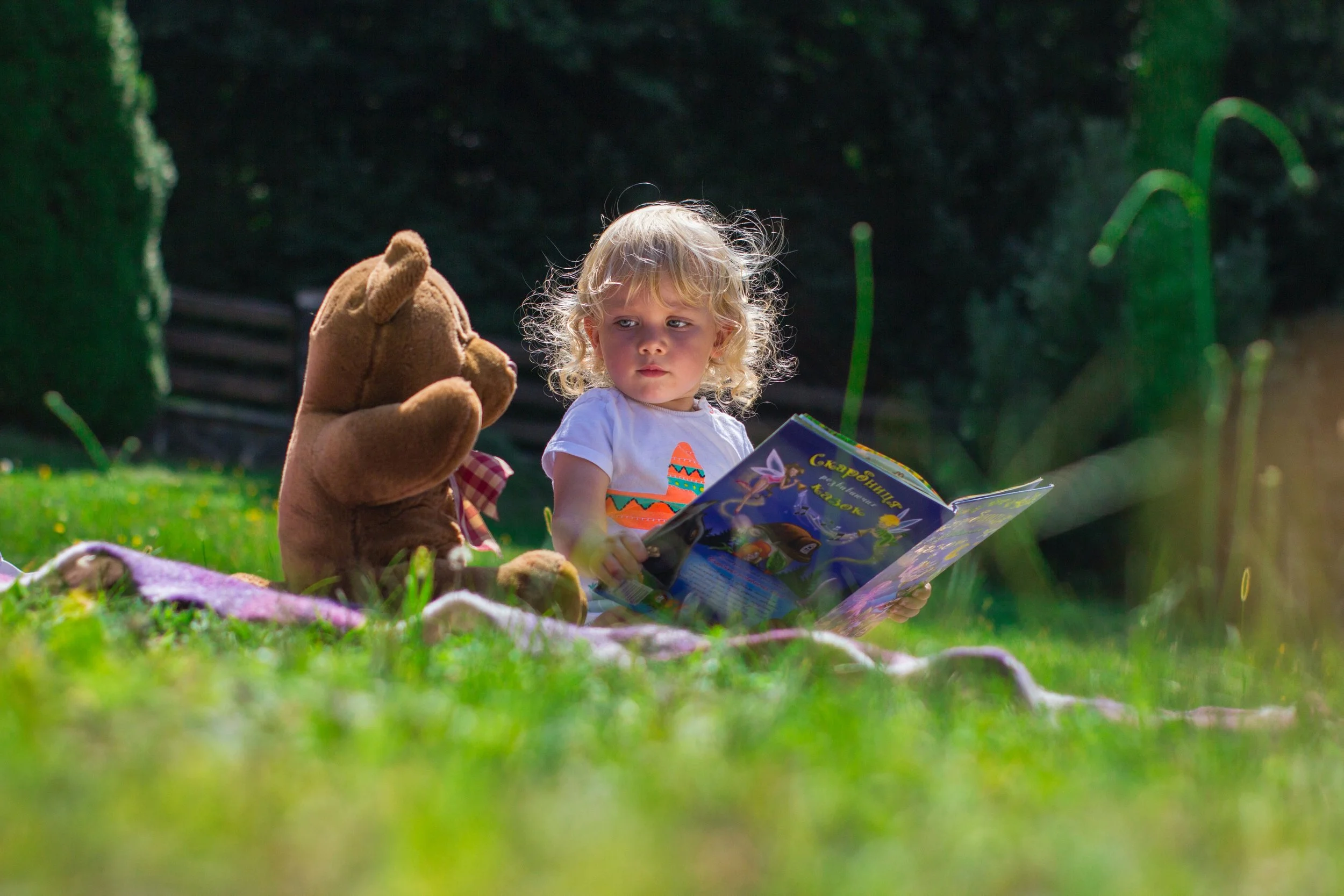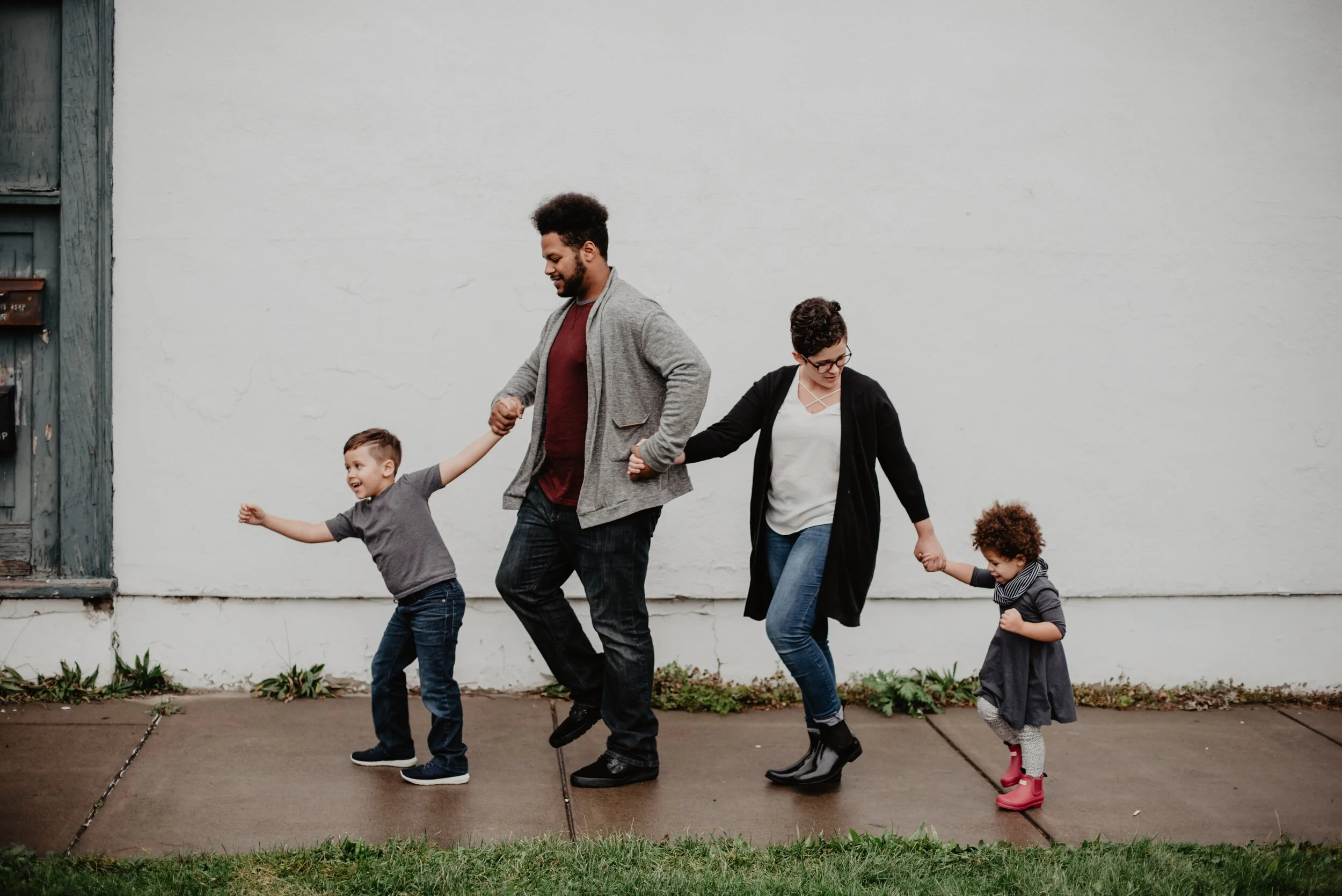When it comes to parenting, we are always only making our best guesses. But both of these examples illustrate how when some piece of the parenting still isn't working despite our best arguments and creative solutions that our own emotional baggage or needs might be getting in the way.
The good news is that if we are willing to be open and curious about our own reactions, we have the potential not only to become more effective parents but to heal our own wounds at the same time.





















